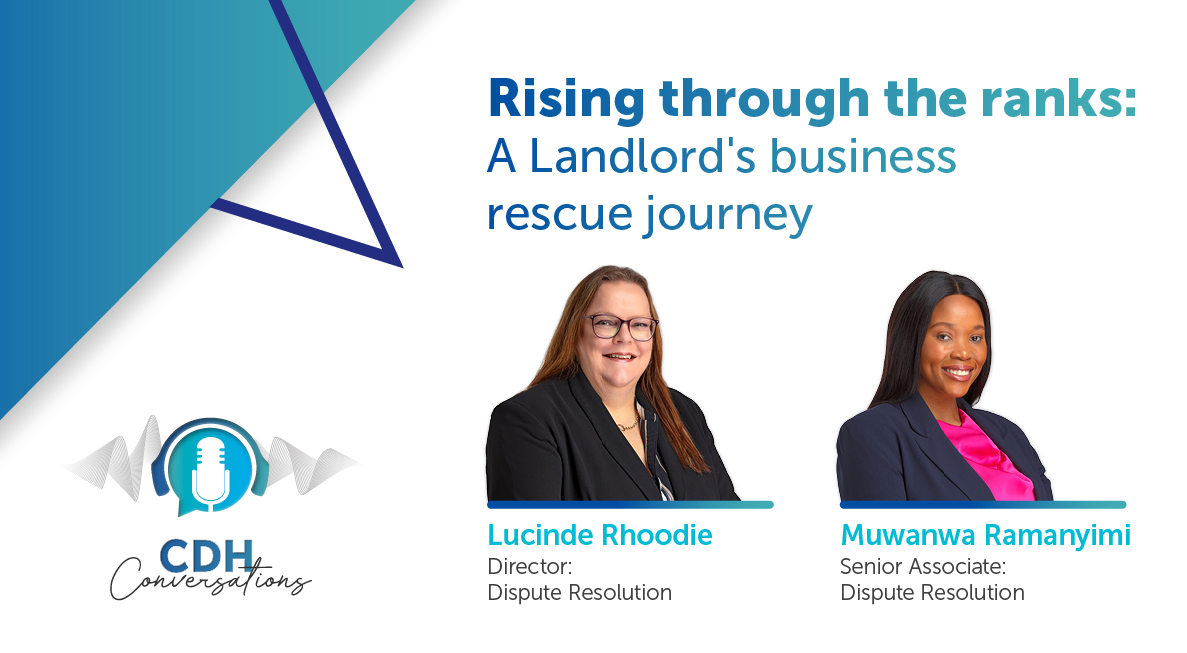The folly of defamation actions
The relevance and significance of this judgment has little or nothing to do with the niceties of the law, but is rather a salutary example of exactly why an indignant plaintiff should be extremely slow to enter the court arena, for purposes of extracting a monetary award, following his or her defamation.
Du Plessis was at all material times a director of a fresh produce company which operated at the Tshwane Fresh Produce Market. Certain events transpired at the market on 27 October 2010, which subsequently formed the subject matter of an article published in the Daily Sun on 29 October 2010. By the time of the appeal it was common cause that the article was defamatory in nature, insofar as the gravamen of the article was not substantially true, and was replete with inaccuracies. Indeed, the SCA held that “the article read in context and as a whole implied that [du Plessis] was callous and bereft of compassion for fellow human beings”.
Notwithstanding the aforesaid finding, and notwithstanding the fact that the SCA held that the defence of media privilege, relied upon by Media24 was unsustainable on the evidence, the court nonetheless took the view that the award made in favour of du Plessis in the court a quo was “excessively disproportionate to the harm caused”. Petse JA, delivering judgment on behalf of the SCA, emphasised the following in this regard:
It is as well to bear in mind that the purpose of damages for defamation is not to punish the defendant but to offer solace to the plaintiff by payment of compensation for the harm caused and to vindicate the plaintiff’s dignity.
Bearing the costs of litigation in mind, one would have thought that an award in the amount of R80,000 might not be regarded as excessive. The SCA, however, held a very different view and determined that, in all the circumstances of this matter, an appropriate award should have been in the order of R40,000. The sum of the award of the court a quo was, accordingly, reduced to the said figure, and each party was ordered to pay their own costs of the appeal.
Even though the plaintiff (du Plessis) remained entitled to the cost award made in his favour by the court a quo, that cost award (being on a party and party scale) will ultimately prove to be of little comfort to du Plessis. At the end of the day, du Plessis will in all probability be the poorer for the action pursued by him (notwithstanding his amended award and the costs order of the court a quo). In addition, the benefit gained by Media24, in consequence of its success on appeal (pursuant to which the damages award in favour of du Plessis were reduced), was a Pyrrhic one. The costs incurred by Media24, in pursuing the appeal will, by some considerable measure, have outweighed the benefit derived therefrom.
Defamation actions are, in almost all instances, an immediate reaction to understandably emotional circumstances. The SCA judgment followed nearly seven years after the events giving rise to the litigation. If one could turn back the clock, and if du Plessis were to be asked whether, with the benefit of hindsight (and what he has experienced in regard to the litigation process), his legal battle was a worthwhile undertaking, it seems certain that he would more than likely concede that the litigation pursued was not worthwhile, and was indeed an act of folly.
The information and material published on this website is provided for general purposes only and does not constitute legal advice. We make every effort to ensure that the content is updated regularly and to offer the most current and accurate information. Please consult one of our lawyers on any specific legal problem or matter. We accept no responsibility for any loss or damage, whether direct or consequential, which may arise from reliance on the information contained in these pages. Please refer to our full terms and conditions. Copyright © 2026 Cliffe Dekker Hofmeyr. All rights reserved. For permission to reproduce an article or publication, please contact us cliffedekkerhofmeyr@cdhlegal.com.
Subscribe
We support our clients’ strategic and operational needs by offering innovative, integrated and high quality thought leadership. To stay up to date on the latest legal developments that may potentially impact your business, subscribe to our alerts, seminar and webinar invitations.
Subscribe




